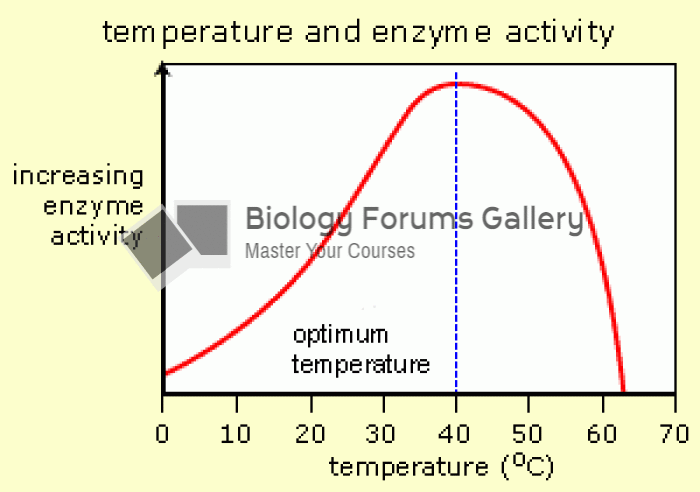|
|
|
The Centers for Disease Control and Prevention (CDC) was originally known as the Communicable Disease Center, which was formed to fight malaria. It was originally headquartered in Atlanta, Georgia, since the Southern states faced the worst threat from malaria.
The immune system needs 9.5 hours of sleep in total darkness to recharge completely.
The National Institutes of Health have supported research into acupuncture. This has shown that acupuncture significantly reduced pain associated with osteoarthritis of the knee, when used as a complement to conventional therapies.
After a vasectomy, it takes about 12 ejaculations to clear out sperm that were already beyond the blocked area.
In the United States, an estimated 50 million unnecessary antibiotics are prescribed for viral respiratory infections.







